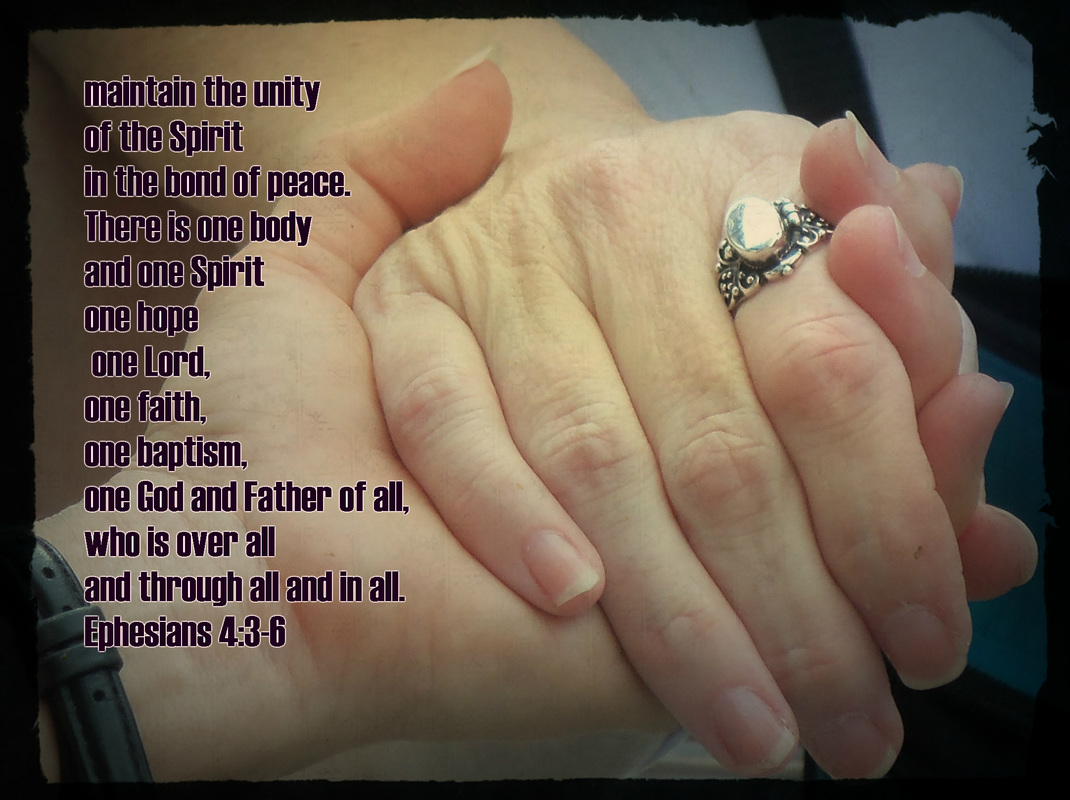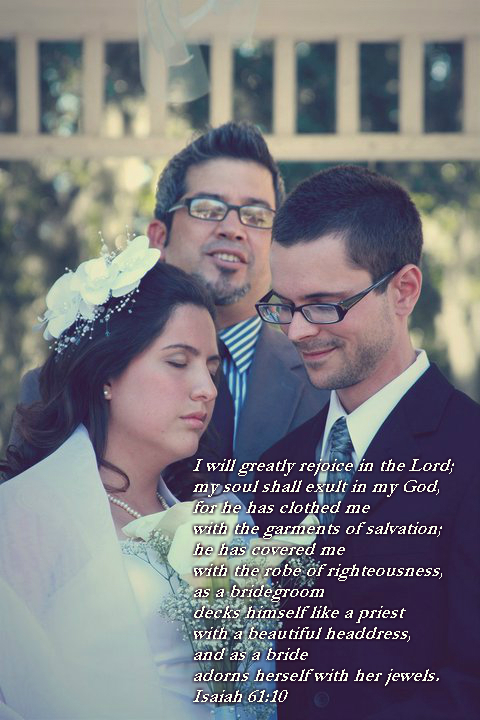The tenth chapter of Genesis gives and account of the offspring and the nations who came from Noah’s sons. There are some interesting things to note. Ham’s descendants became nations like Cush, and Egypt, Canaan and the Philistines, all who faced defeat at some point in time by the nations which stemmed from Shem. This was Ham’s curse for shaming his father. All the nations came from these three men and they spread across the earth to their own in their lands, each with his own language, by their clans and in their nations.
But before they dispersed with their own languages, they were one united people, with one language. Chapter 11 verses 1-4 read,
Now the whole earth had one language and the same words. 2 And as people migrated from the east, they found a plain in the land of Shinar and settled there. 3 And they said to one another, “Come, let us make bricks, and burn them thoroughly.” And they had brick for stone, and bitumen for mortar. 4 Then they said, “Come, let us build ourselves a city and a tower with its top in the heavens, and let us make a name for ourselves, lest we be dispersed over the face of the whole earth.”
The advances this united people were making was really something. They had found a way to make bricks. They could build permanent structures and be protected from the elements. But what did they choose to do with this great new advancement? The people said, “Come, let us build ourselves a city and a tower with its top in the heavens, and let us make a name for ourselves, lest we be dispersed over the face of the whole earth.” It seemed like a good thing on the outside. Unity, a magnificent and complex plan, seemed good. But they were in opposition to God, who had commanded them to populate the earth, not the valley. They were opposed to the purpose of glorifying the Lord (Isaiah 43:7) and being in a relationship with Him (Hosea 6:6). They were placing themselves as the center of life and not The Lord.
They chose to make a name for themselves by building a monument to themselves and be remembered for future generations. The people who decided to build this tower were not the ones who called on the name of the Lord, built altars to Him and remembered Him. They were the people who looked to themselves and to nature for gods. I always get the impression that these were Ham’s progeny, these were the future Egyptians, Incas, and others whose advanced civilizations still astound us today. These were the people who would leave their mark on history, but not God’s mark. What would this great tower be but something used to worship the self, some person, the sun, or some other imagined deity.
The Lord noticed of course and He went to inspect their endeavors. Verses 5-6 read,
And the Lord came down to see the city and the tower, which the children of man had built. 6 And the Lord said, “Behold, they are one people, and they have all one language, and this is only the beginning of what they will do. And nothing that they propose to do will now be impossible for them.”
The Lord is not against societal and technological advances, but He did want to slow it down a little. He wanted the people of the earth to spread across the entire earth and not stay together in one place building monuments. If He had done nothing the city of Atlantis might have become a reality but it would not have been the utopia Plato described. Without the Lord, true paradise cannot exist. He wanted the advancements they made to have good purposes. Together they could do great things but instead they were wasting time building monuments to themselves. So the Lord took action and chose to disperse them. Verses 7-9 read,
“Come, let us go down and there confuse their language, so that they may not understand one another's speech.” 8 So the Lord dispersed them from there over the face of all the earth, and they left off building the city. 9 Therefore its name was called Babel, because there the Lord confused the language of all the earth. And from there the Lord dispersed them over the face of all the earth.
God’s purpose of populating the whole earth would not be deterred. He would also not tolerate idolatry. He had to separate their unity for their own good and ours. He said, “Come, let us go down and there confuse their language, so that they may not understand one another's speech.” He divided them for their own good, to disperse them and give the future nations they would begin a chance to thrive and to stop this great idolatry, to remind them He is the LORD, they were not.
This act seems to clash with God’s desire for our unity but it didn’t, it laid the foundation for unity in Him. Our unity is supposed to be based on one Lord, one Spirit and one God, not on things as trivial as language or as detrimental as glorifying ourselves.
How many thousands of years passed until the day when the Jewish people were gathered in Jerusalem just a couple of months after Jesus had died and resurrected? The people gathered there spoke many different languages. Some were in Jerusalem because the law required it. Some were there because they hoped to please God. Some were there because Jesus had told them to wait there for His Promise. In Luke 24:49, just before He ascended He said, “And behold, I am sending the promise of my Father upon you. But stay in the city until you are clothed with power from on high.”
That day came on the day of Pentecost. Acts 2:1-4 reads,
When the day of Pentecost arrived, they were all together in one place. 2 And suddenly there came from heaven a sound like a mighty rushing wind, and it filled the entire house where they were sitting. 3 And divided tongues as of fire appeared to them and rested on each one of them. 4 And they were all filled with the Holy Spirit and began to speak in other tongues as the Spirit gave them utterance.
There were Jews gathered from many different countries with many different languages. But as the Believers spoke, they each heard their own language declaring God’s great works! It was not a language which unified them, it was God’s Holy Spirit speaking His Word to them. Acts 2:5-13 in The Message reads,
5-11 There were many Jews staying in Jerusalem just then, devout pilgrims from all over the world. When they heard the sound, they came on the run. Then when they heard, one after another, their own mother tongues being spoken, they were thunderstruck. They couldn’t for the life of them figure out what was going on, and kept saying, “Aren’t these all Galileans? How come we’re hearing them talk in our various mother tongues?
Parthians, Medes, and Elamites;
Visitors from Mesopotamia, Judea, and Cappadocia,
Pontus and Asia, Phrygia and Pamphylia,
Egypt and the parts of Libya belonging to Cyrene;
Immigrants from Rome, both Jews and proselytes;
Even Cretans and Arabs!
“They’re speaking our languages, describing God’s mighty works!”
12 Their heads were spinning; they couldn’t make head or tail of any of it. They talked back and forth, confused: “What’s going on here?”
13 Others joked, “They’re drunk on cheap wine.”
Because of the Holy Spirit indwelling the Believers that day, Peter preached the Gospel to people who would not have been able to understand it and three thousand people received the Word of God, Jesus (Acts 2:41). They were united in Christ, with a mission to glorify God. They returned to their own countries and they spread the Gospel in their own languages. Acts 2:42-47 describes the unity they shared.
And they devoted themselves to the apostles' teaching and the fellowship, to the breaking of bread and the prayers. 43 And awe came upon every soul, and many wonders and signs were being done through the apostles. 44 And all who believed were together and had all things in common. 45 And they were selling their possessions and belongings and distributing the proceeds to all, as any had need. 46 And day by day, attending the temple together and breaking bread in their homes, they received their food with glad and generous hearts, 47 praising God and having favor with all the people. And the Lord added to their number day by day those who were being saved.
We can do great things when we are united. God said that if people are united, “nothing that they propose to do will now be impossible for them” (Verse 6). As Spirit-filled believers we are supposed to be so united we are like one body. We share one Lord (Jesus Christ), one faith, and one baptism (The Holy Spirit) and one God and Father. We are called to one hope. (Ephesians 4:3-6). The unity that glorifies the Lord is awesome. It brings people into the kingdom of God, it transforms people, and it strengthens the body of Christ.



 RSS Feed
RSS Feed
